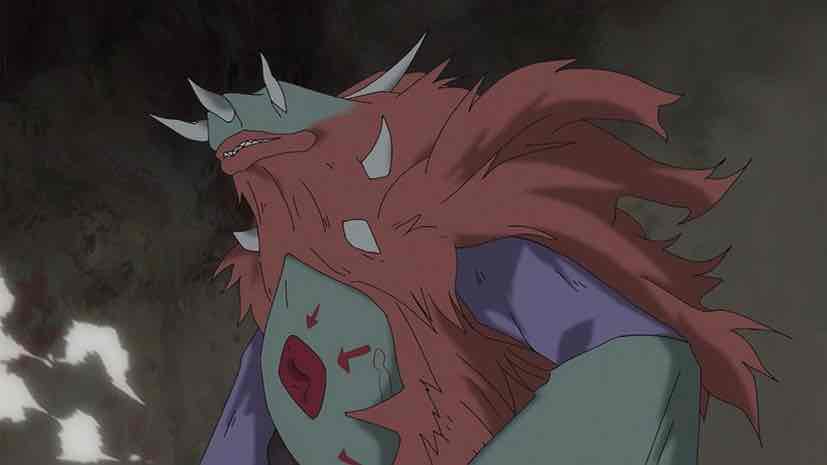 In the final analysis, a series like Made in Abyss (well, there really aren’t any – which is the whole point) is really only competing against itself. It’s not so much that it’s better than other series – though to be sure, it is better than almost everything. It’s more that it’s singular, in the way only the very best manga and anime are. That makes Retsujitsu no Ougonkyou both difficult and easy to assess, because it’s really only the first season – and the movies – that one can use as a point of reference.
In the final analysis, a series like Made in Abyss (well, there really aren’t any – which is the whole point) is really only competing against itself. It’s not so much that it’s better than other series – though to be sure, it is better than almost everything. It’s more that it’s singular, in the way only the very best manga and anime are. That makes Retsujitsu no Ougonkyou both difficult and easy to assess, because it’s really only the first season – and the movies – that one can use as a point of reference.
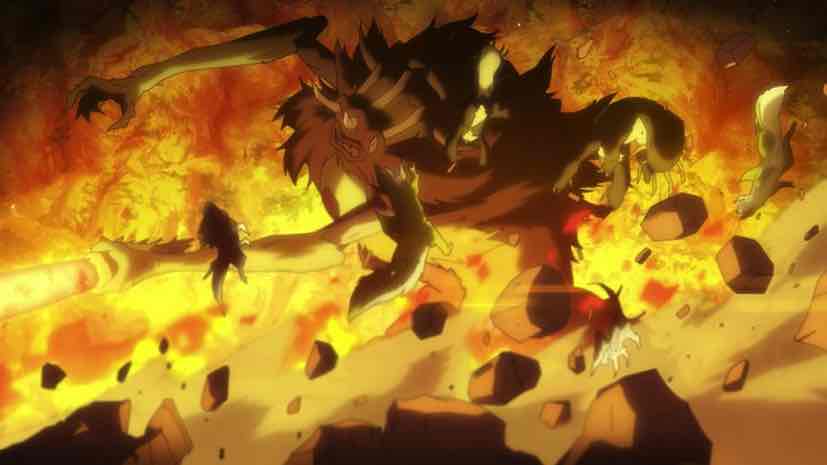 I can only marvel at the fevered imagination of Tsukushi Akihito, because it seems almost limitless. The marvel of the first season was that it could create a mythology so breathtaking and so complete and so expansive. The marvel of the second season is the story itself, which more or less exists as a stand-alone within the larger mythology. In that way I suppose I can compare it once again to “Chimera Ant”, in that to a certain extent the “main” characters were servants to an original story only tangentially connected to them. The Golden City of the Scorching Sun could not exist without Reg, Riko, and Nanachi. But make no mistake – this was Faputa and Vueko and Irumyuui’s story. The arc of their lives is the arc of it.
I can only marvel at the fevered imagination of Tsukushi Akihito, because it seems almost limitless. The marvel of the first season was that it could create a mythology so breathtaking and so complete and so expansive. The marvel of the second season is the story itself, which more or less exists as a stand-alone within the larger mythology. In that way I suppose I can compare it once again to “Chimera Ant”, in that to a certain extent the “main” characters were servants to an original story only tangentially connected to them. The Golden City of the Scorching Sun could not exist without Reg, Riko, and Nanachi. But make no mistake – this was Faputa and Vueko and Irumyuui’s story. The arc of their lives is the arc of it.
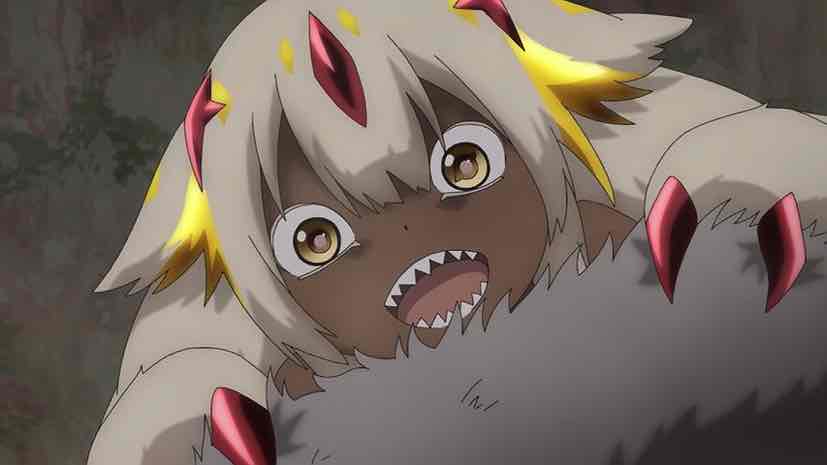 The season has already jumped around in time quite a bit, but to do so in the finale was an interesting choice. It gave us a fuller picture of who Faputa was before she became the fearsome creature she is now, and of how essential Gaburoon was to her development. It was he who named her in fact – though I’m sorry Tsukushi-sensei, despite that elegant explanation I know you know exactly what you were doing. Her journey to this point has been a lonely one but without Gaburoon, I rather doubt she would have retained any of her sanity – or humanity.
The season has already jumped around in time quite a bit, but to do so in the finale was an interesting choice. It gave us a fuller picture of who Faputa was before she became the fearsome creature she is now, and of how essential Gaburoon was to her development. It was he who named her in fact – though I’m sorry Tsukushi-sensei, despite that elegant explanation I know you know exactly what you were doing. Her journey to this point has been a lonely one but without Gaburoon, I rather doubt she would have retained any of her sanity – or humanity.
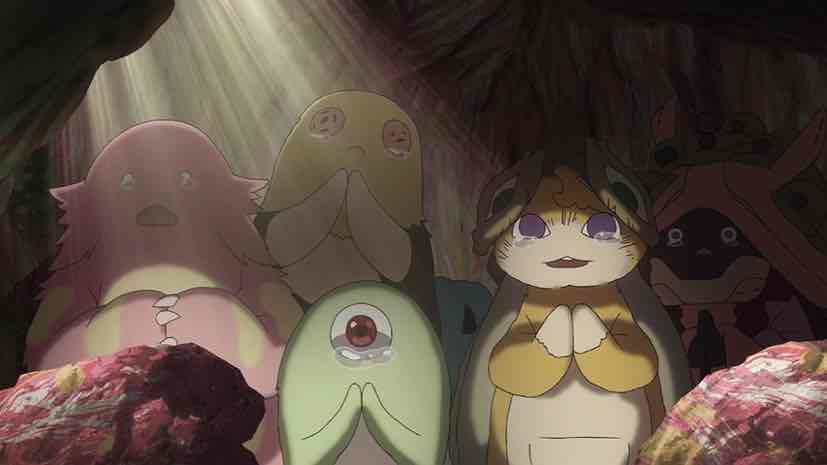 None of the hollows were ever going to get out of this alive, that was a given. It was really only a question of how it would play out, and what fate would befall Faputa. Wazukyan falls pretty early in the proceedings, having depleted himself utterly in his actions in the previous episode. He and Riko are oddly kindred spirits, it seems to me (and always has), and that was reflected in that conversation in his final moments. Prophets are always trouble, that’s a given, but I think it was a little too easy for viewers accustomed to black and white morality in anime to judge him. In his shoes he did what he thought was right, and he never ran away from that decision.
None of the hollows were ever going to get out of this alive, that was a given. It was really only a question of how it would play out, and what fate would befall Faputa. Wazukyan falls pretty early in the proceedings, having depleted himself utterly in his actions in the previous episode. He and Riko are oddly kindred spirits, it seems to me (and always has), and that was reflected in that conversation in his final moments. Prophets are always trouble, that’s a given, but I think it was a little too easy for viewers accustomed to black and white morality in anime to judge him. In his shoes he did what he thought was right, and he never ran away from that decision.
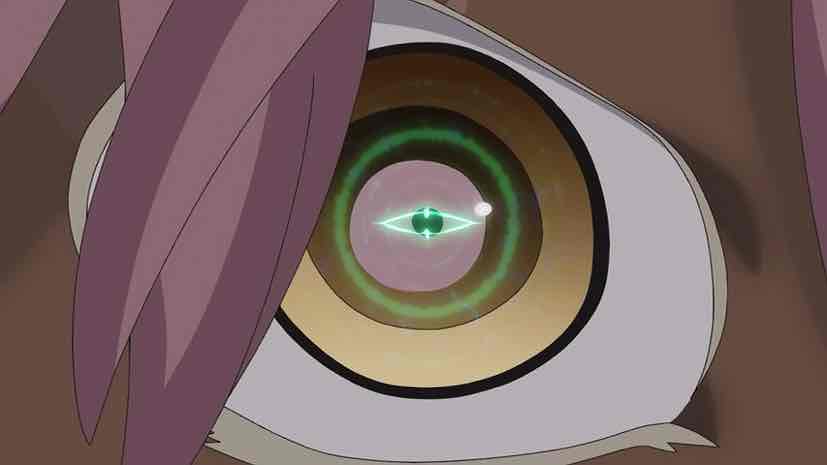 As for Vueko, her end is rather the most tragic of this finale it seems to me, inevitable though it was. It came because she, among all the party, remained human right to the end – a gift from Irumyuui, albeit one that sealed her fate. With the protection of the village gone the curse overcame her quickly, but at least she held on long enough for Nanachi to reach her and bring her back to the others. Those others – the villagers anyway (apart from Maaa and Majikaja) – would become food for Irumyuui, to give her one last surge of power to end her mother’s suffering at last. They did so willingly, recognizing that their time was clearly over along with that of Iruburu.
As for Vueko, her end is rather the most tragic of this finale it seems to me, inevitable though it was. It came because she, among all the party, remained human right to the end – a gift from Irumyuui, albeit one that sealed her fate. With the protection of the village gone the curse overcame her quickly, but at least she held on long enough for Nanachi to reach her and bring her back to the others. Those others – the villagers anyway (apart from Maaa and Majikaja) – would become food for Irumyuui, to give her one last surge of power to end her mother’s suffering at last. They did so willingly, recognizing that their time was clearly over along with that of Iruburu.
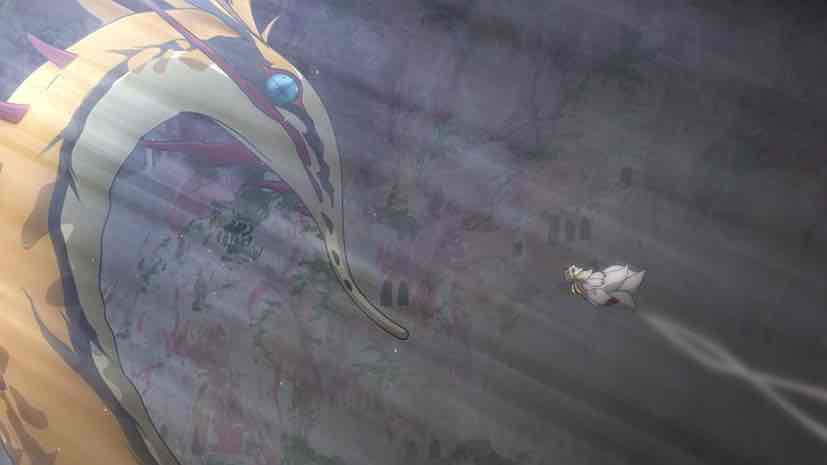 Majikaja and Maaa’s reprieve was brief, only long enough to fulfil their promise to Faputa and get the outsiders to safety. We’ll never know who they were in life, but I refuse to accept the argument that being like those two and Moogie had surrendered their inner humanity. As for Reg, with Prushka’s help he takes on the beast parade so that Faputa can focus on the business of freeing her mother. This also allows Faputa to meet Vueko at last, and to finally understand that her mother was never alone – there was someone who was always faithful to her, whose memory Irumyuui cherished so much it was the one she refused to share with Faputa.
Majikaja and Maaa’s reprieve was brief, only long enough to fulfil their promise to Faputa and get the outsiders to safety. We’ll never know who they were in life, but I refuse to accept the argument that being like those two and Moogie had surrendered their inner humanity. As for Reg, with Prushka’s help he takes on the beast parade so that Faputa can focus on the business of freeing her mother. This also allows Faputa to meet Vueko at last, and to finally understand that her mother was never alone – there was someone who was always faithful to her, whose memory Irumyuui cherished so much it was the one she refused to share with Faputa.
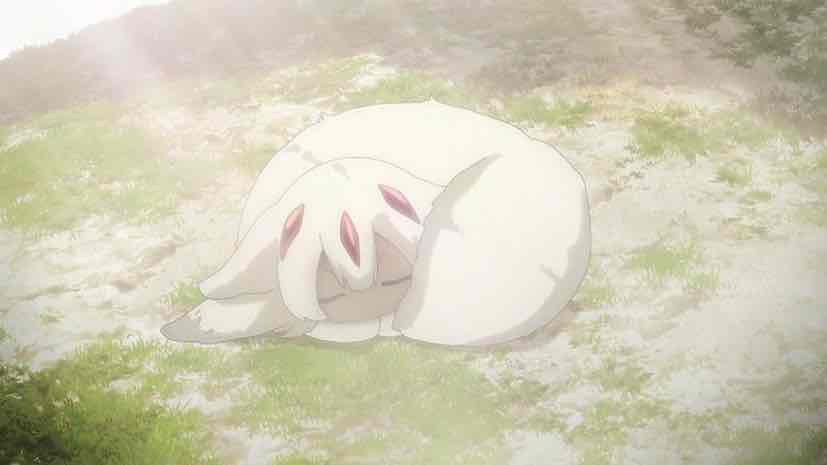 There’s a part of me that feels as if Retsujitsu no Ougonkyou would have ended more poetically if Faputa had ended with it. But I respect Tsukushi’s choice here, and I get where he’s going with it. This notion that love is the true curse – that allowing yourself to emotionally depend on others is the path to the greatest suffering – is certainly not original to Made in Abyss. Even within anime it’s been explored by some masterpieces, but MiA certainly puts an elegant spin on it here. And unlike the rest of this season’s cast, she is connected to the main story – through Reg, who seems to be the common thread that ties everything together.
There’s a part of me that feels as if Retsujitsu no Ougonkyou would have ended more poetically if Faputa had ended with it. But I respect Tsukushi’s choice here, and I get where he’s going with it. This notion that love is the true curse – that allowing yourself to emotionally depend on others is the path to the greatest suffering – is certainly not original to Made in Abyss. Even within anime it’s been explored by some masterpieces, but MiA certainly puts an elegant spin on it here. And unlike the rest of this season’s cast, she is connected to the main story – through Reg, who seems to be the common thread that ties everything together.
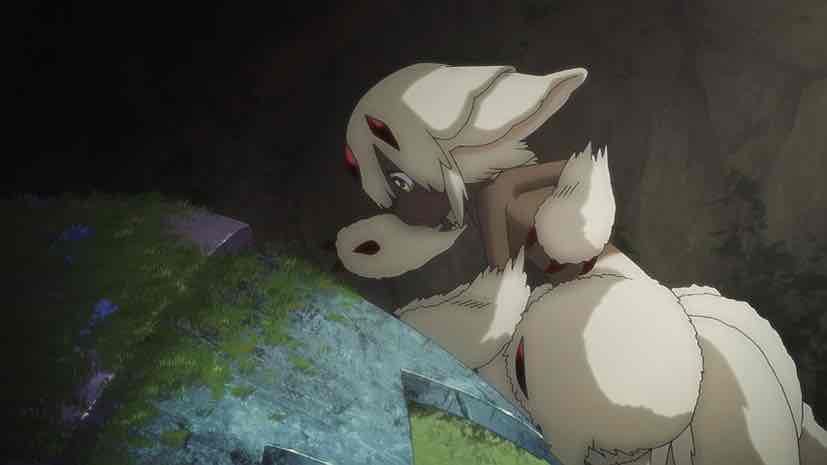 All in all this ended up being a surprisingly upbeat finale – though with Made in Abyss you certainly have to grade on a curve. There was some meaning to all that suffering, and Faputa was finally able (poetical or not) to break her chains to the past. As to that original point of comparing this series to itself, well… I don’t feel as if I can really call one season better than the other. This one had a cohesive elegance to it that the first one couldn’t match, but I didn’t connect emotionally with it quite as much. Which you prefer may come down to your palate – the main point is that both are anime masterpieces of the highest order.
All in all this ended up being a surprisingly upbeat finale – though with Made in Abyss you certainly have to grade on a curve. There was some meaning to all that suffering, and Faputa was finally able (poetical or not) to break her chains to the past. As to that original point of comparing this series to itself, well… I don’t feel as if I can really call one season better than the other. This one had a cohesive elegance to it that the first one couldn’t match, but I didn’t connect emotionally with it quite as much. Which you prefer may come down to your palate – the main point is that both are anime masterpieces of the highest order.
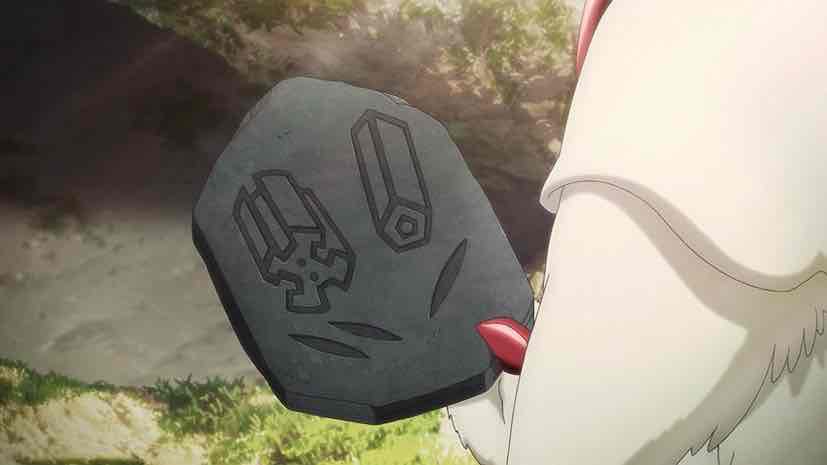 Sadly, they’re likely to be the last masterpieces we see in the Made in Abyss universe for a very long time, apart from perhaps an OVA or two. The anime has now basically caught up to the manga, which is only one volume ahead. And Tsukushi has typically produced one volume per year – he writes at his own pace, and it’s not what you’d call brisk. As fans, though, I think you have to be grateful for everything you get. As I’ve said about Togashi, if it takes him a decade to write what no other mangaka could do in a hundred years, how can you possibly complain? Series like Made in Abyss, Vagabond, Hunter X Hunter, Otoyomegatari – it’s no coincidence that they keep us waiting. They’re so intensive, both visually and narratively – even absent the severe physical problems Togashi suffers, they surely take a lot out of their authors.
Sadly, they’re likely to be the last masterpieces we see in the Made in Abyss universe for a very long time, apart from perhaps an OVA or two. The anime has now basically caught up to the manga, which is only one volume ahead. And Tsukushi has typically produced one volume per year – he writes at his own pace, and it’s not what you’d call brisk. As fans, though, I think you have to be grateful for everything you get. As I’ve said about Togashi, if it takes him a decade to write what no other mangaka could do in a hundred years, how can you possibly complain? Series like Made in Abyss, Vagabond, Hunter X Hunter, Otoyomegatari – it’s no coincidence that they keep us waiting. They’re so intensive, both visually and narratively – even absent the severe physical problems Togashi suffers, they surely take a lot out of their authors.
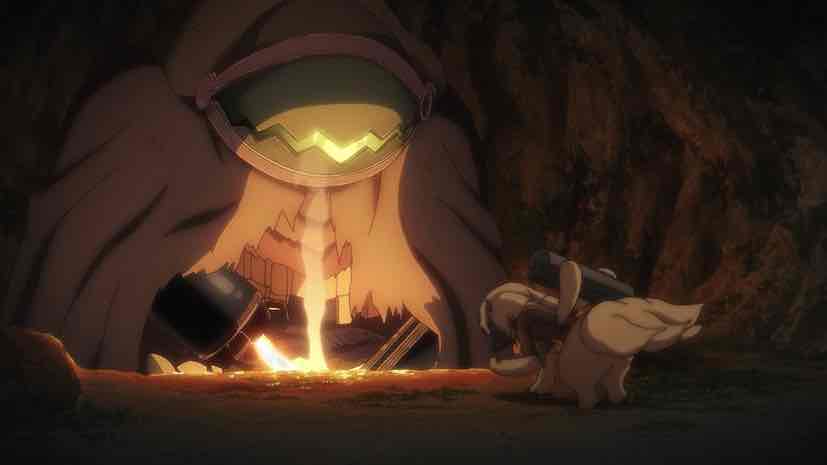 I think we can say with some confidence that whenever Tsukushi does give them the chance, Kinema Citrus will return to Made in Abyss. It’s financially successful to a degree that’s surprised me very much, and clearly a work the anime production team loves unreservedly. This project has reflected that in every turn – no detail is too small, and no element is less than exceptional. It’s the sort of anime that only comes along a few times in a generation, and I feel fortunate to have been able to follow it every step of the way.
I think we can say with some confidence that whenever Tsukushi does give them the chance, Kinema Citrus will return to Made in Abyss. It’s financially successful to a degree that’s surprised me very much, and clearly a work the anime production team loves unreservedly. This project has reflected that in every turn – no detail is too small, and no element is less than exceptional. It’s the sort of anime that only comes along a few times in a generation, and I feel fortunate to have been able to follow it every step of the way.


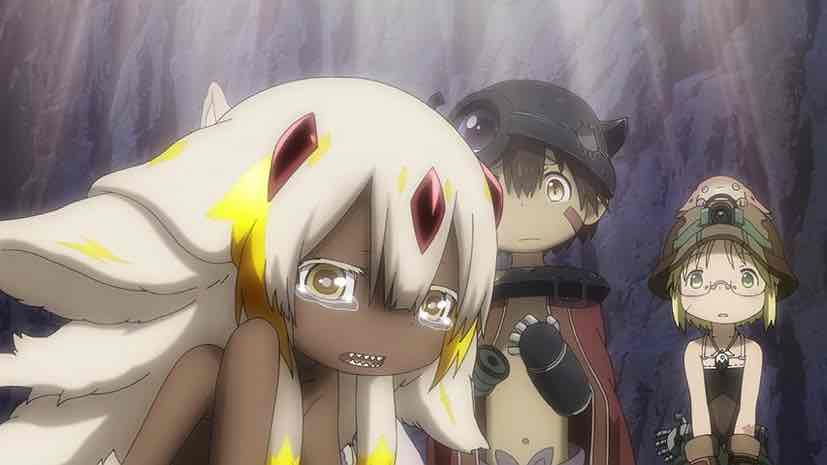
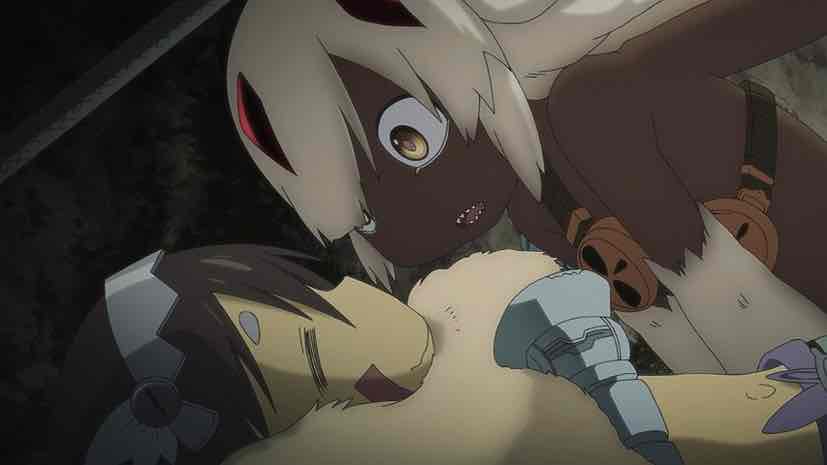
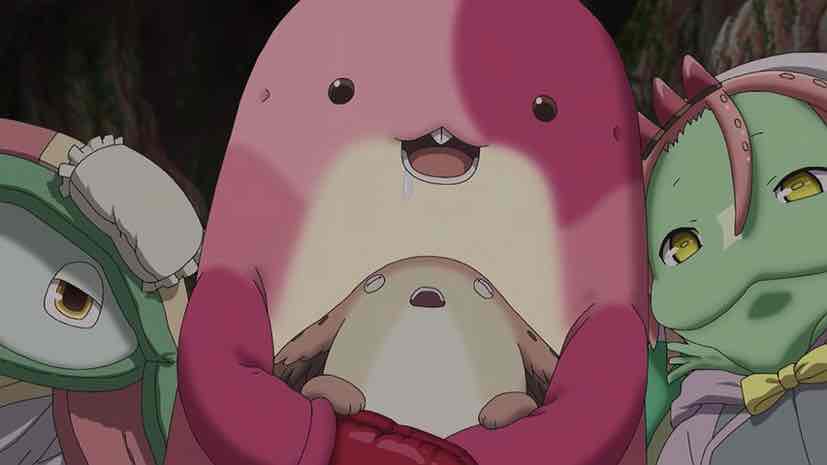
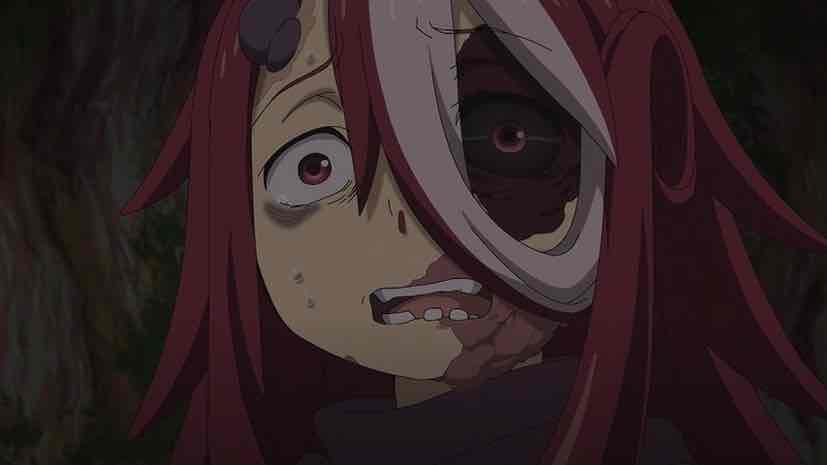
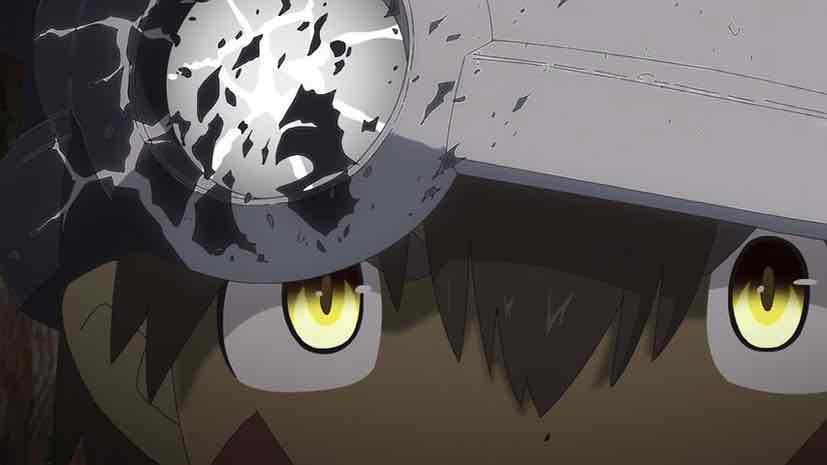
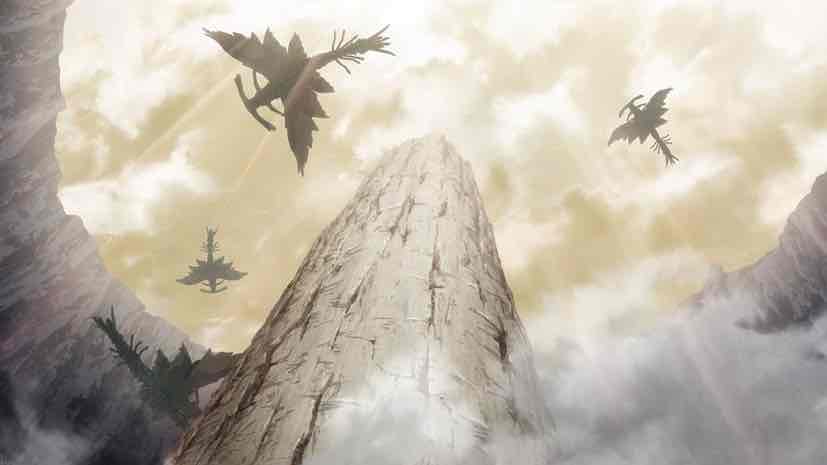
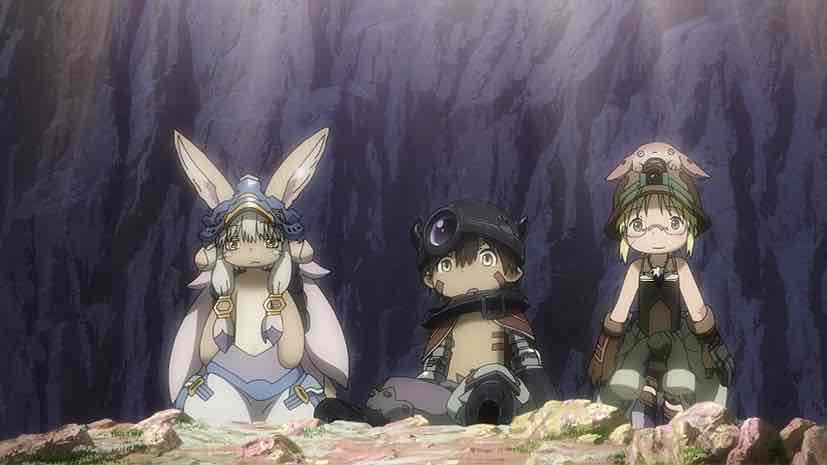
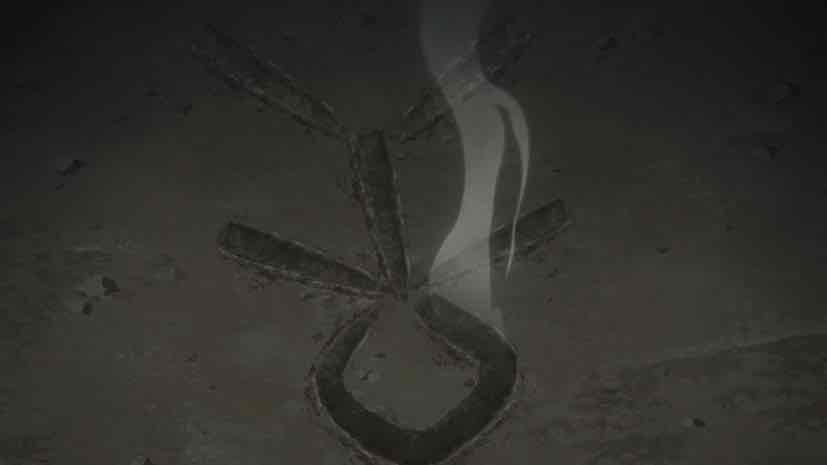
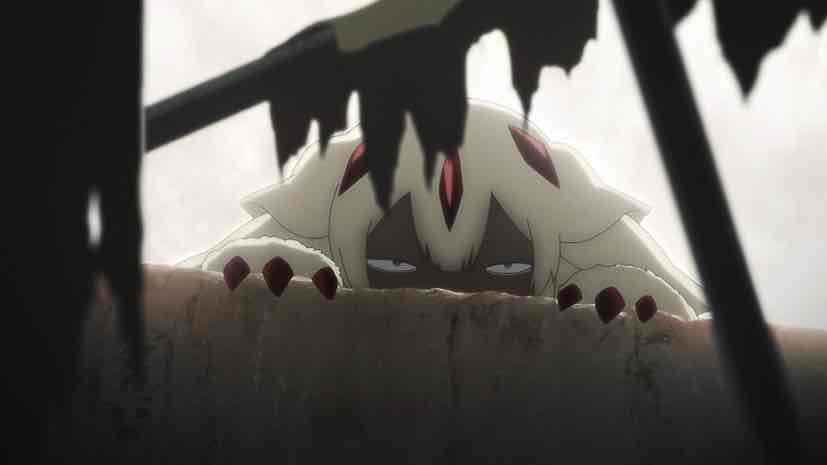
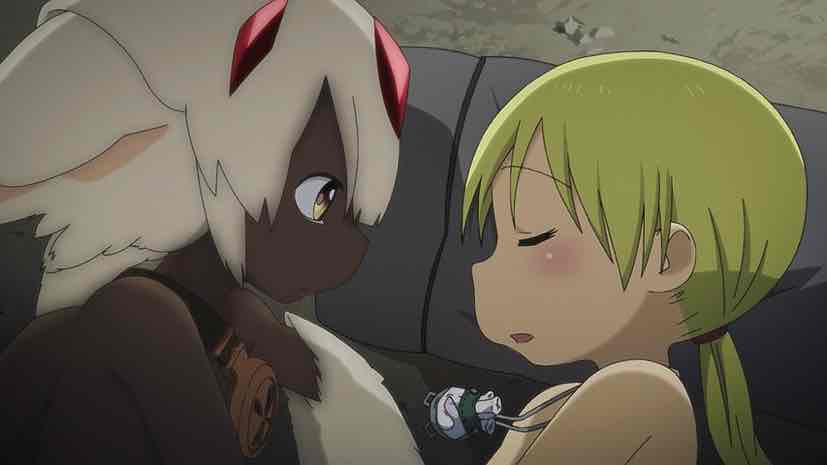

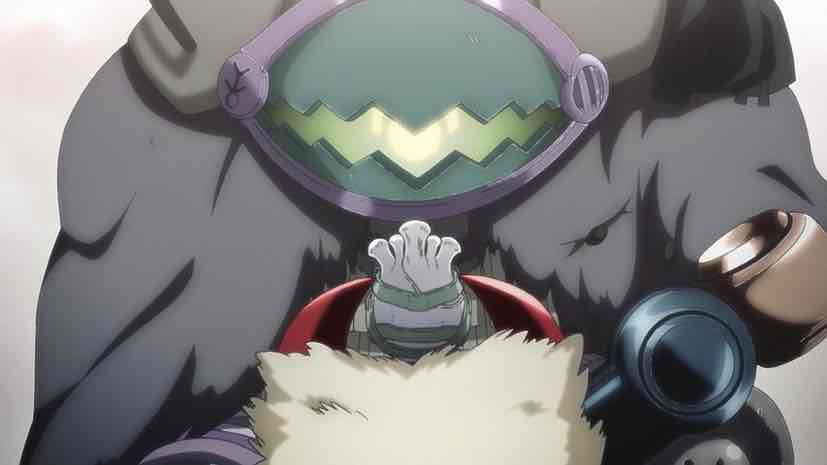
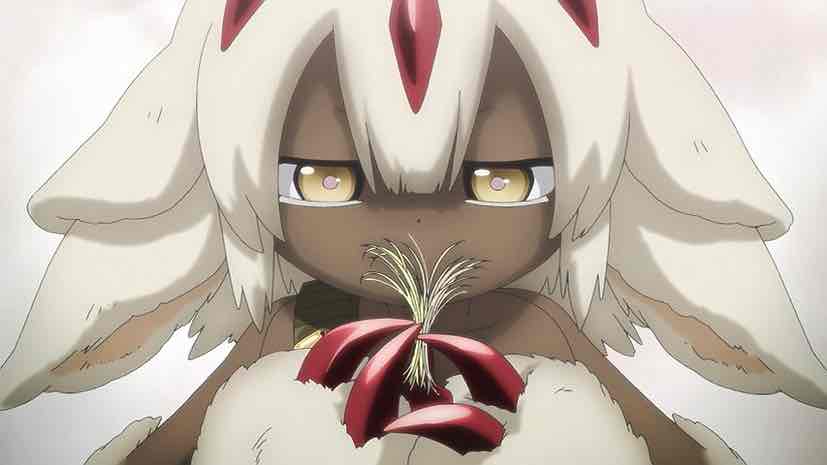
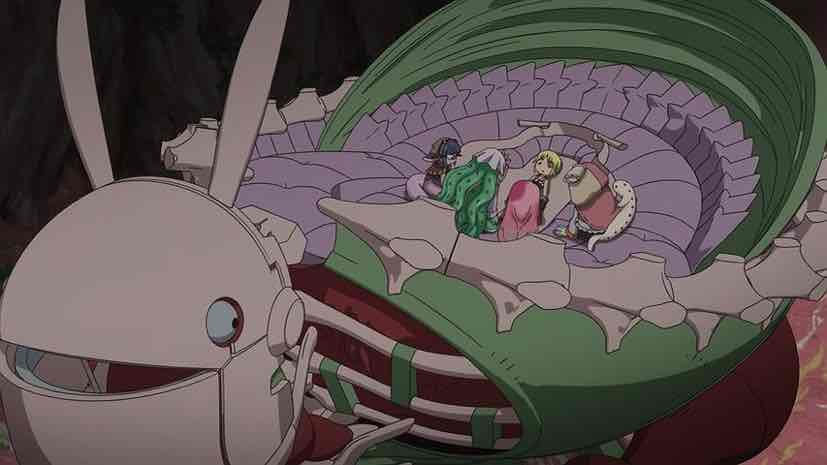
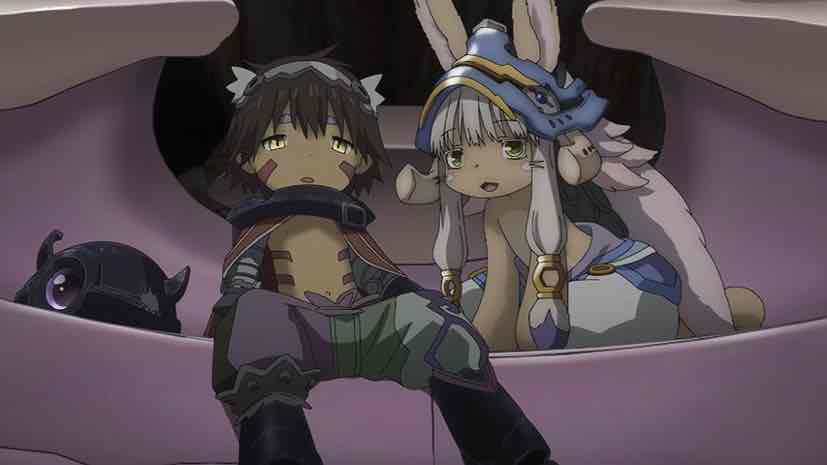
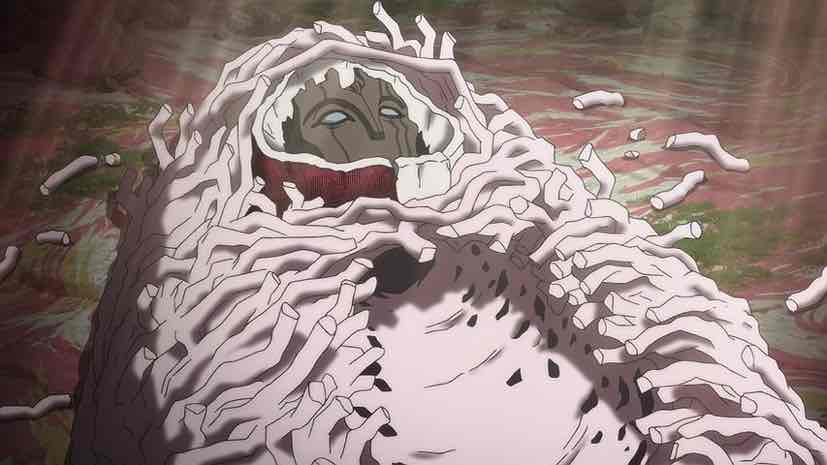
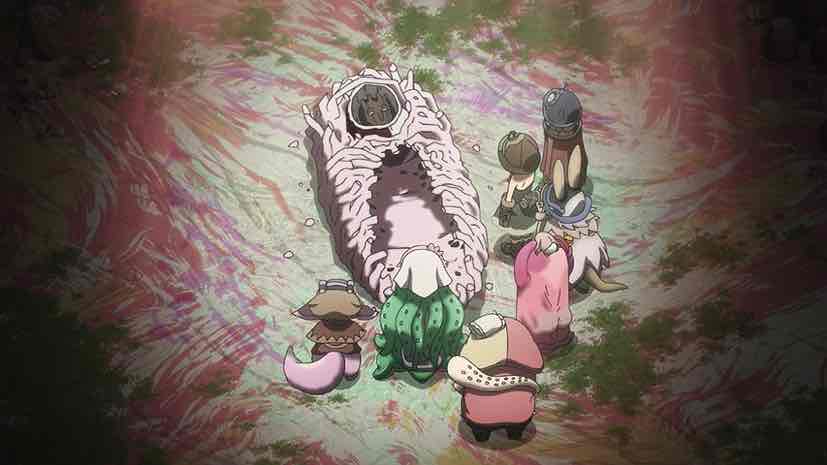
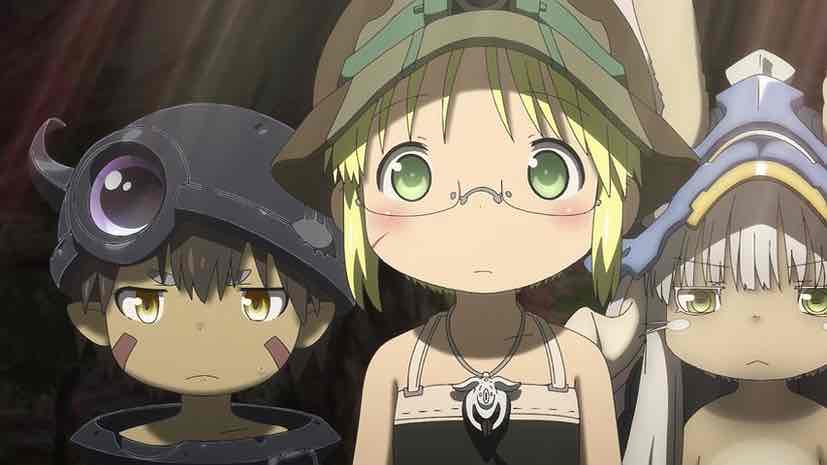

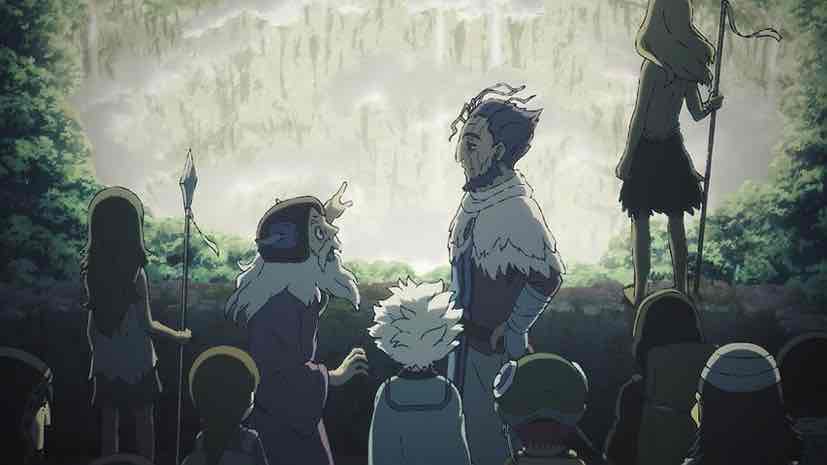
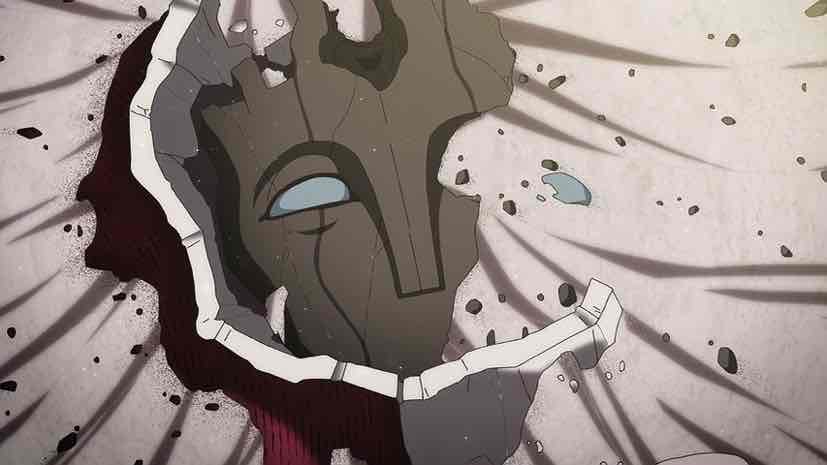
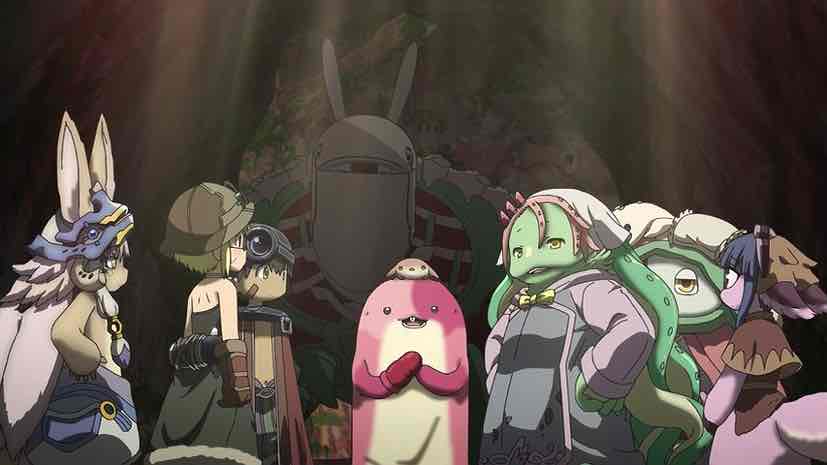
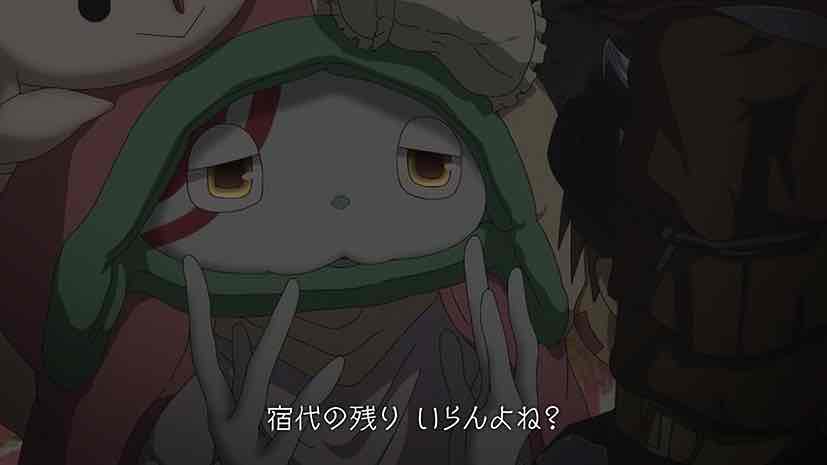
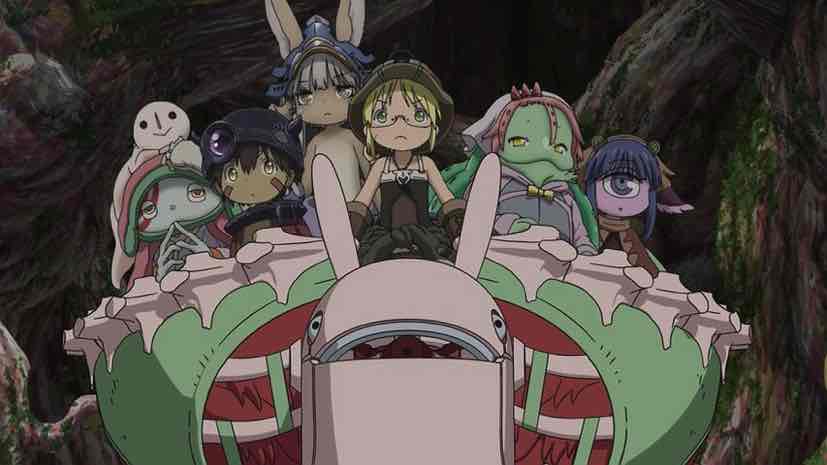
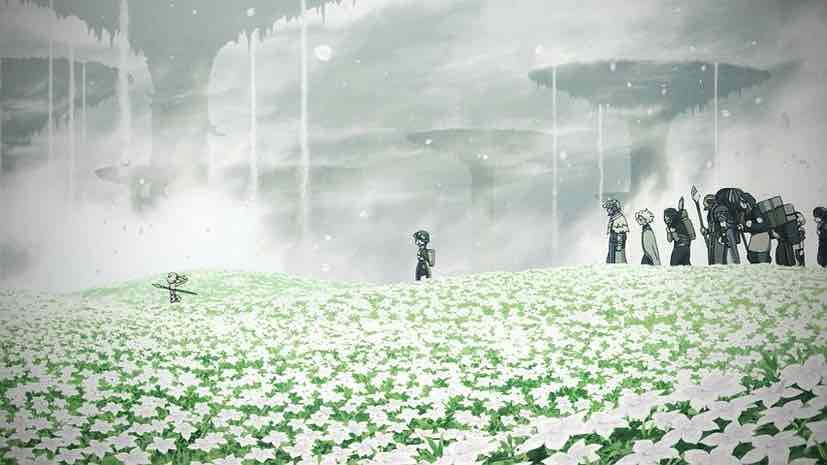
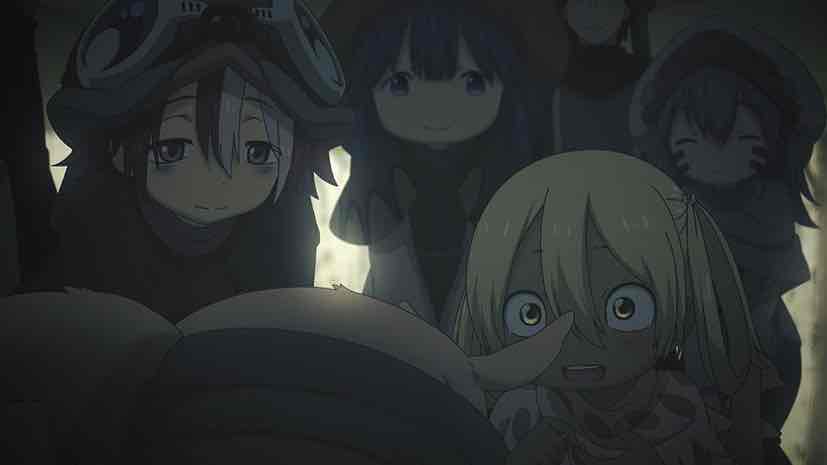
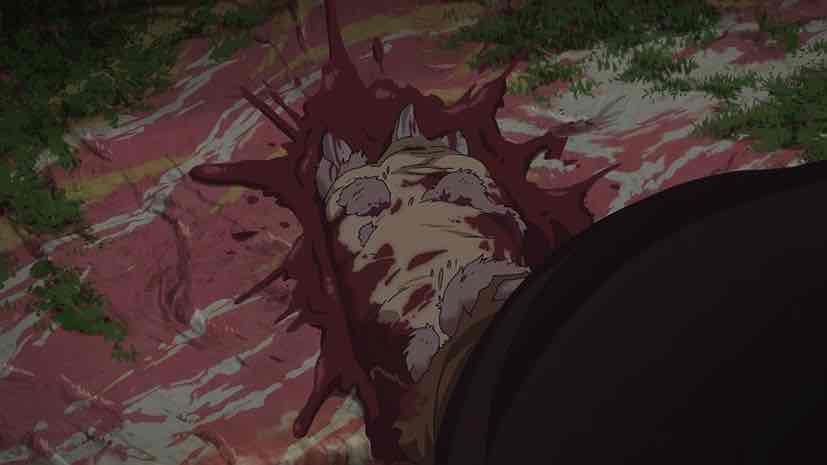
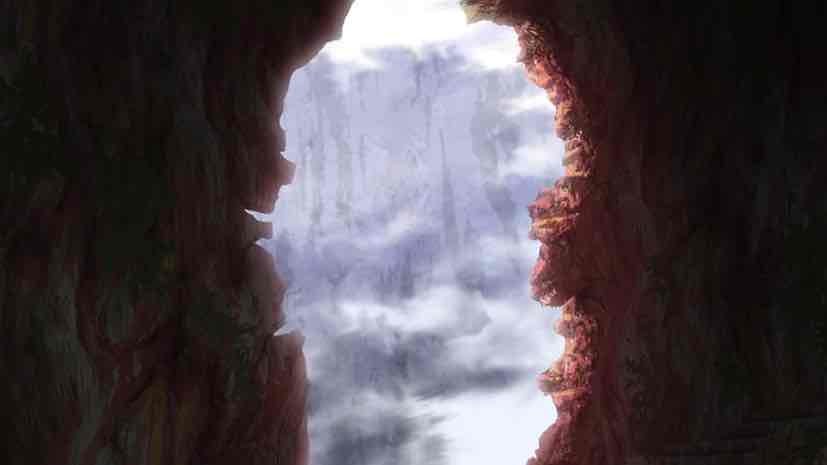
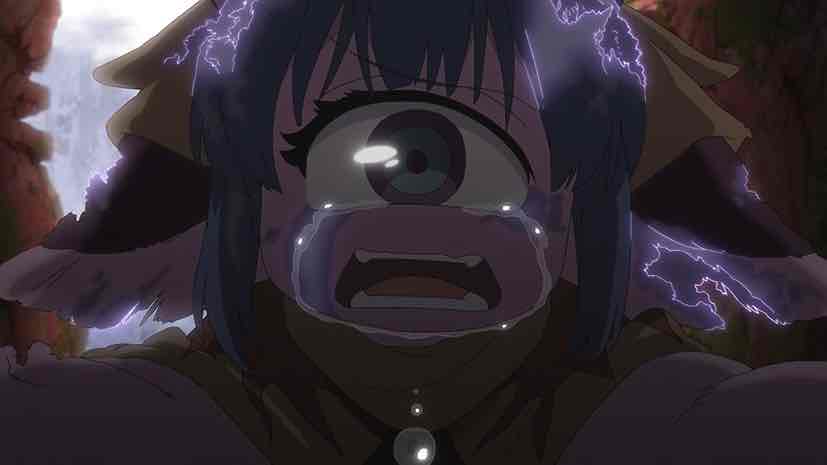
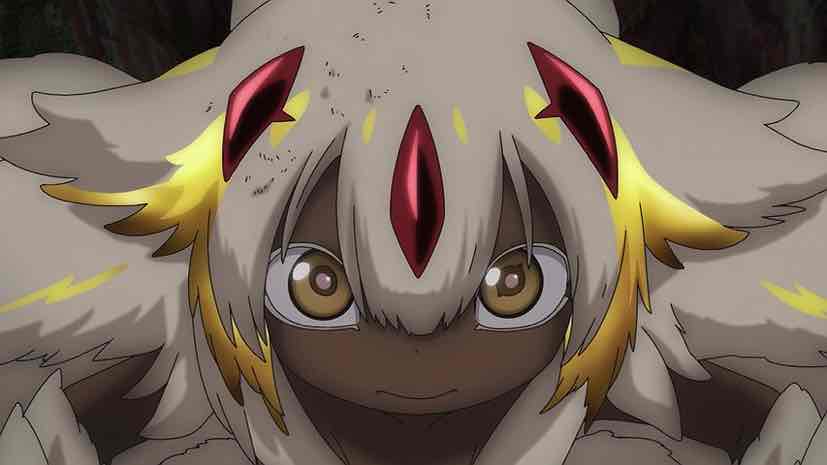
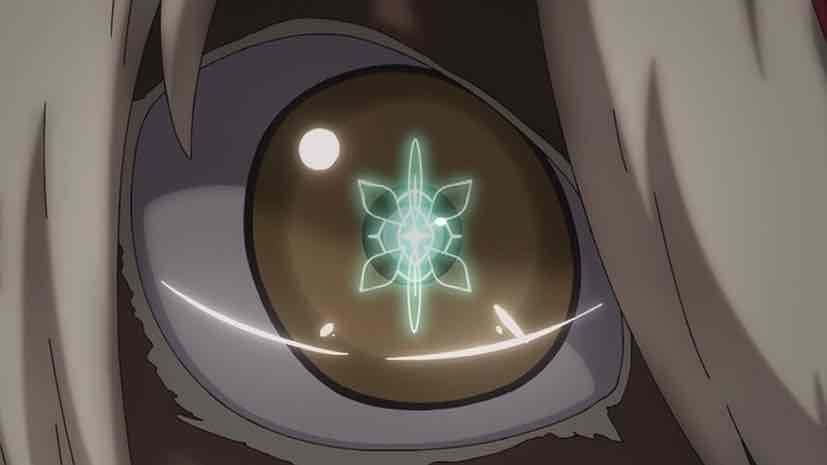
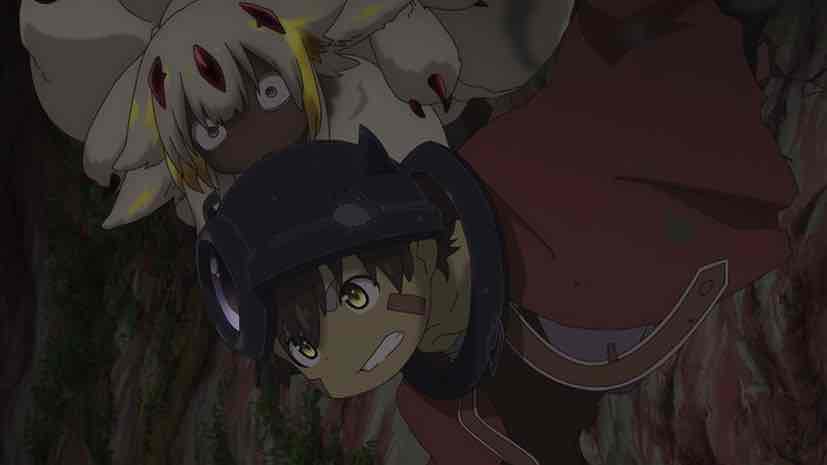
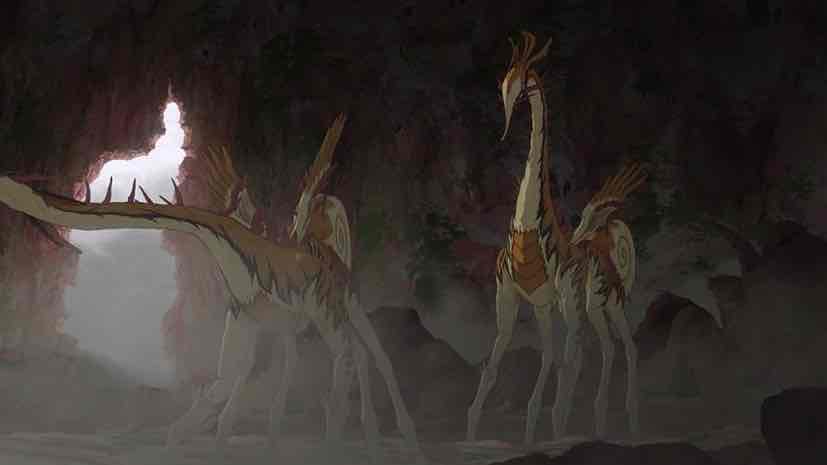
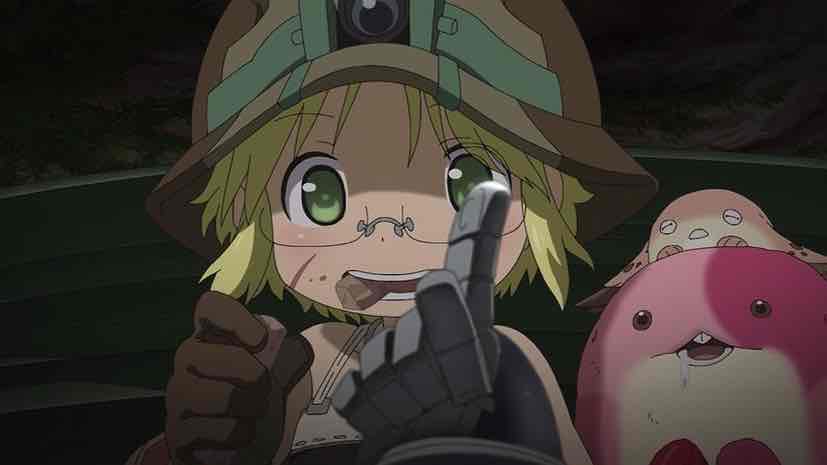
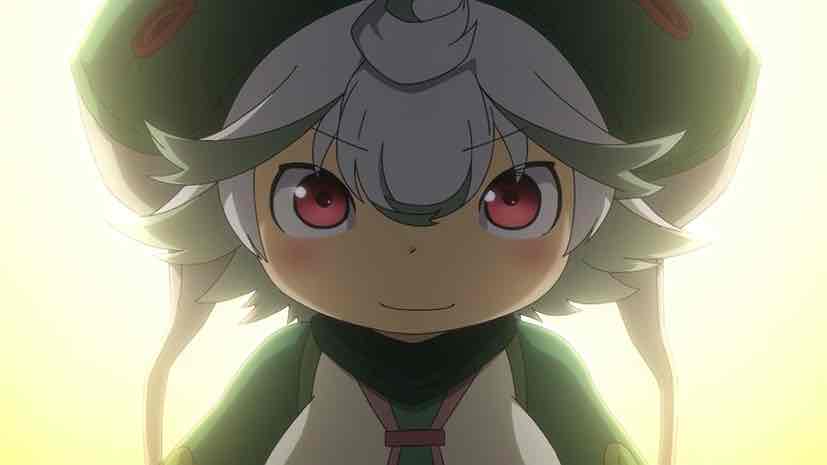
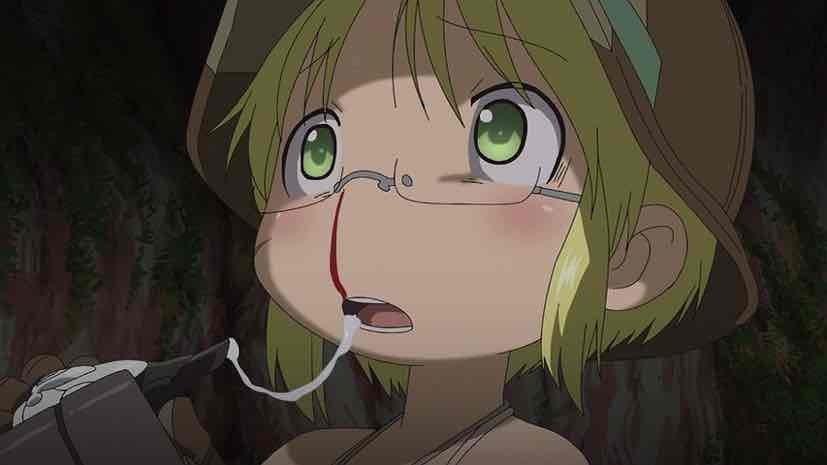
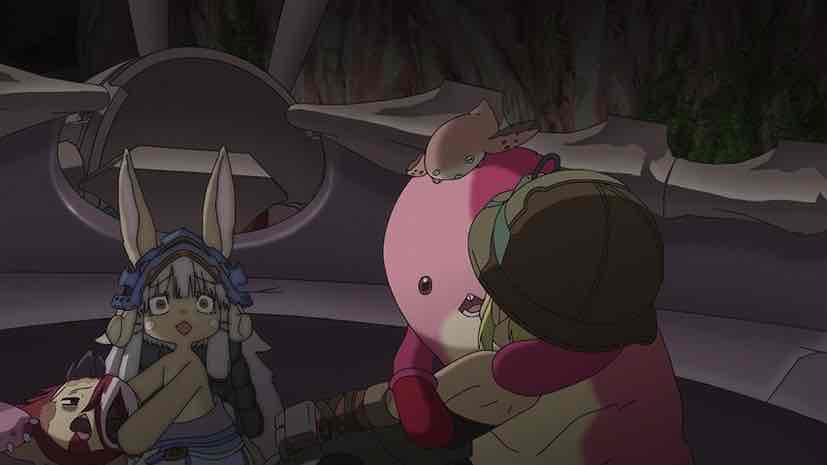
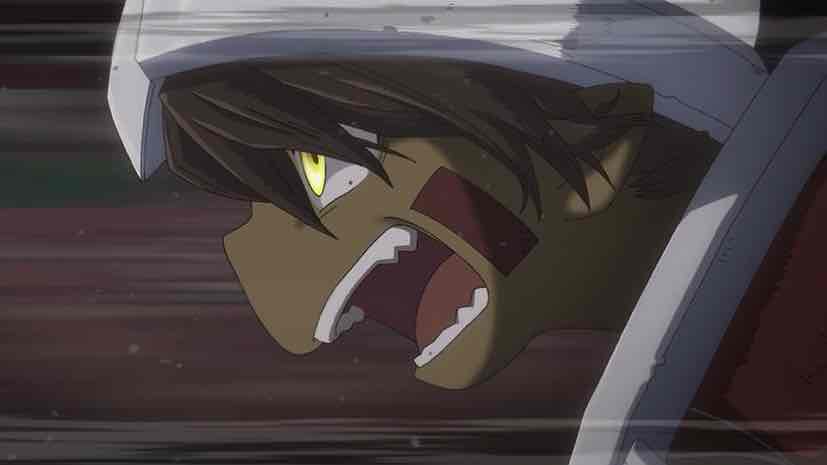
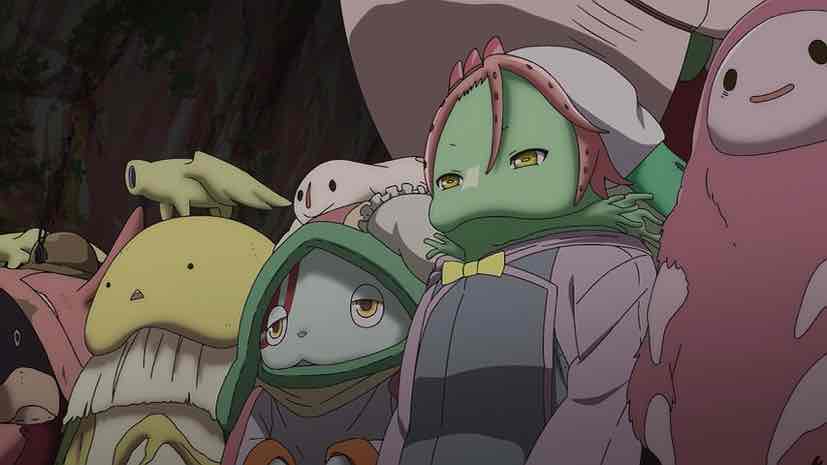
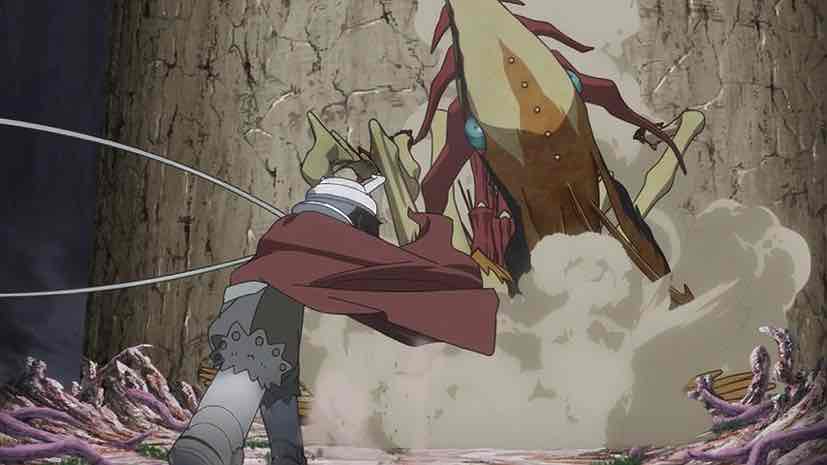
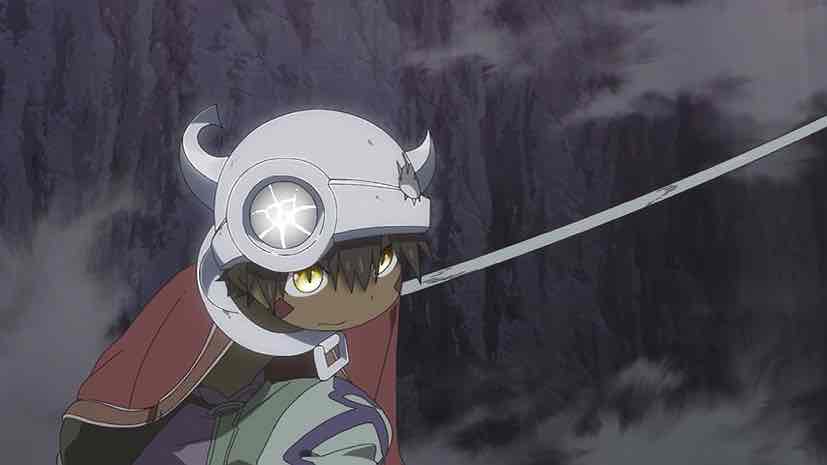
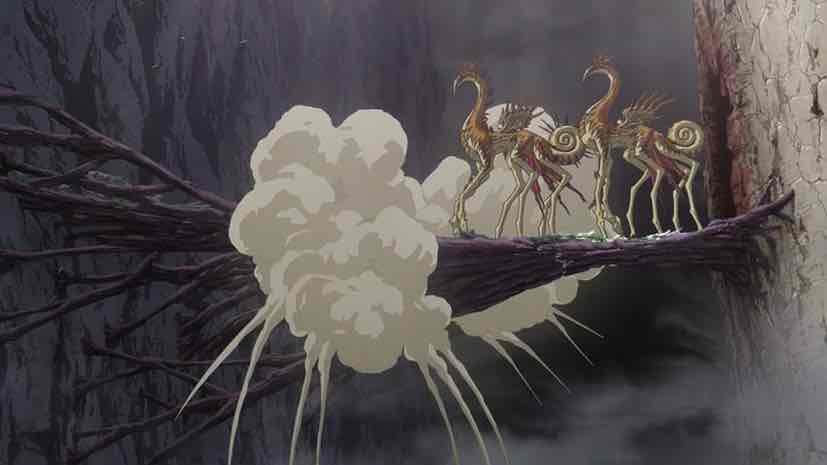
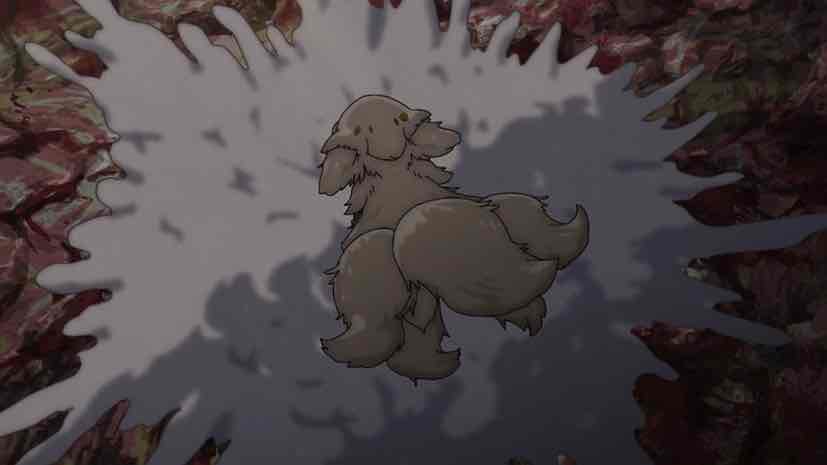
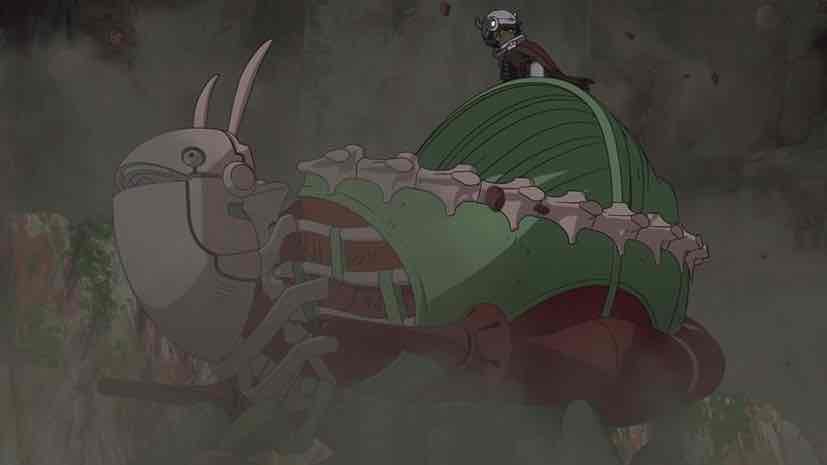
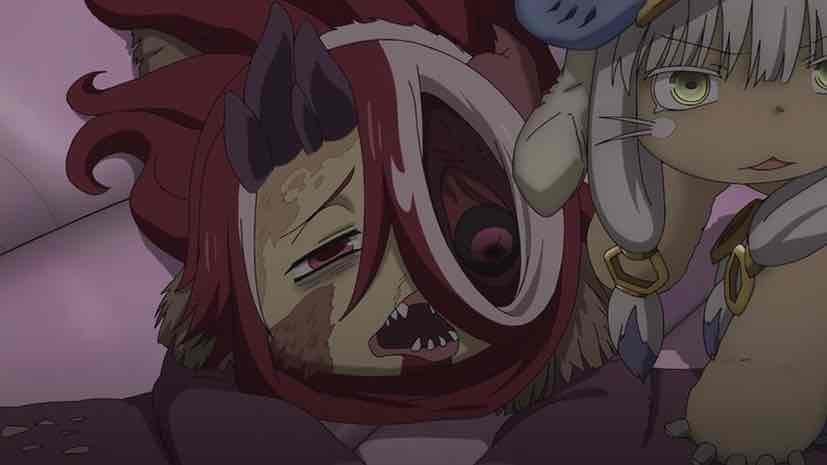
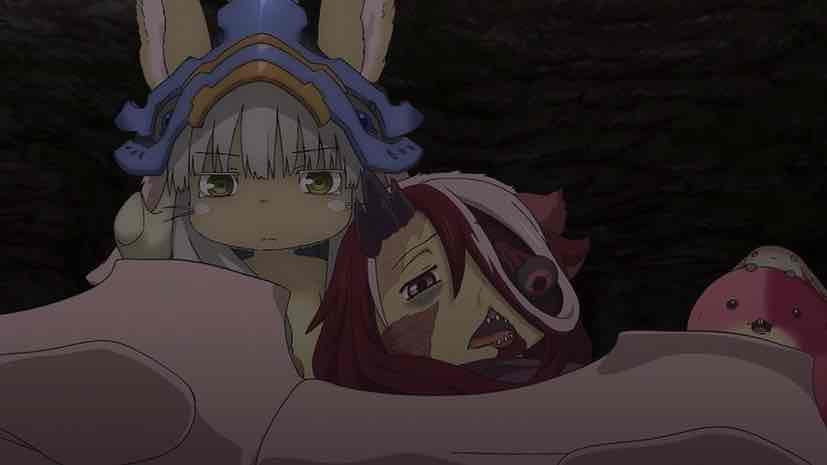
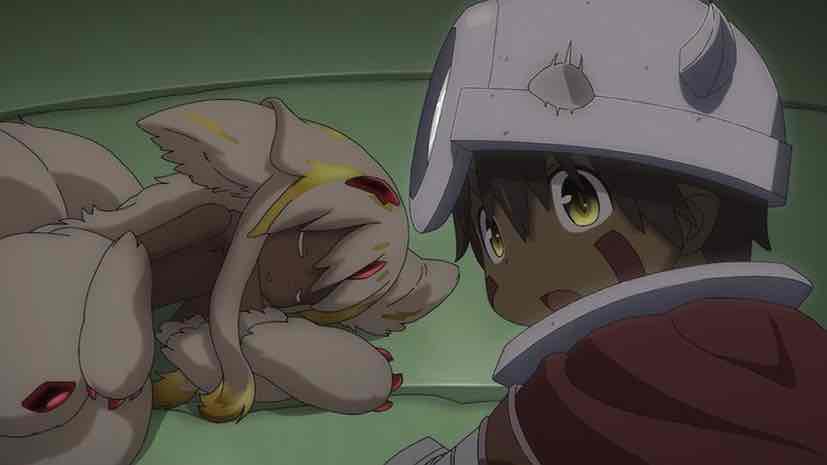
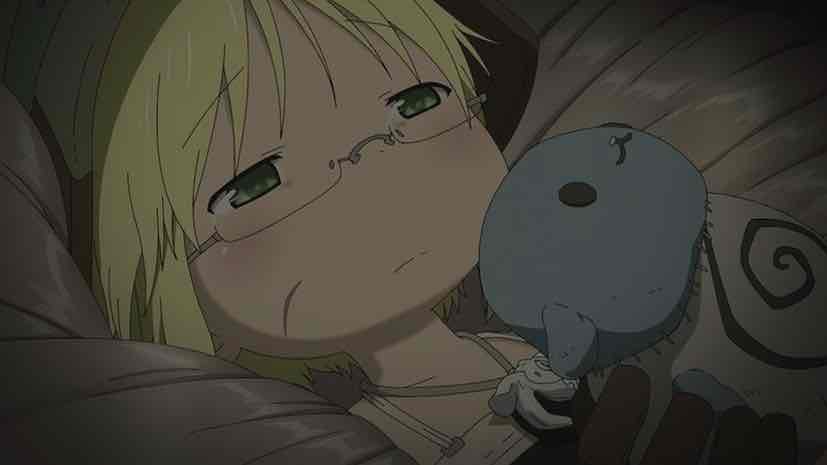
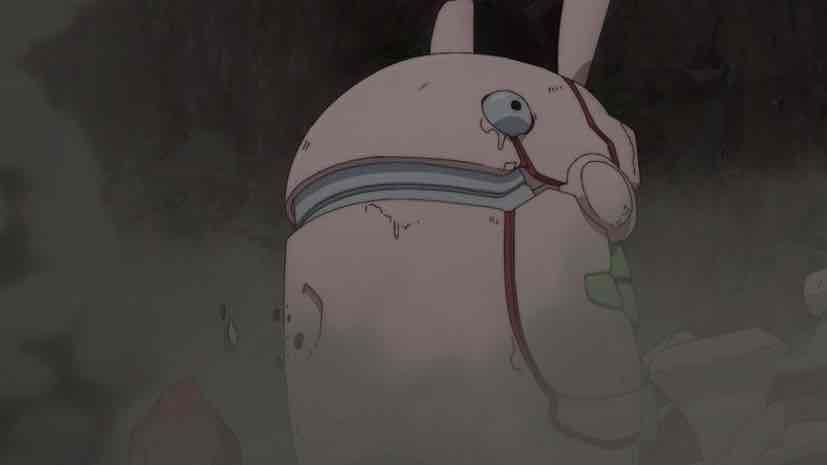
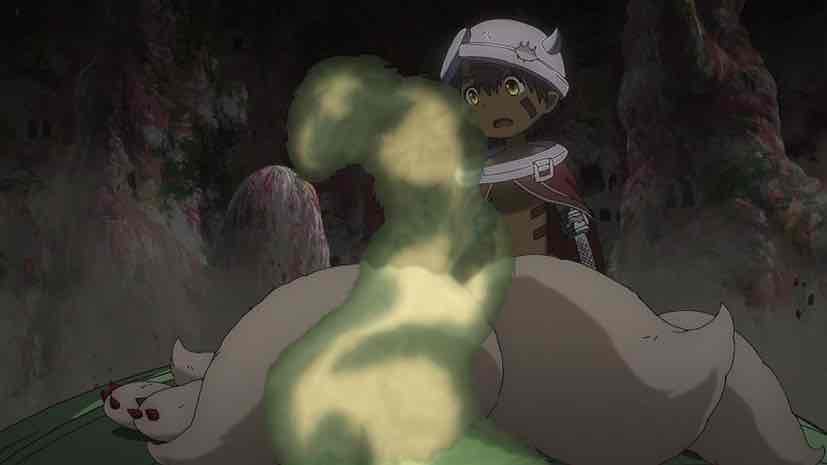
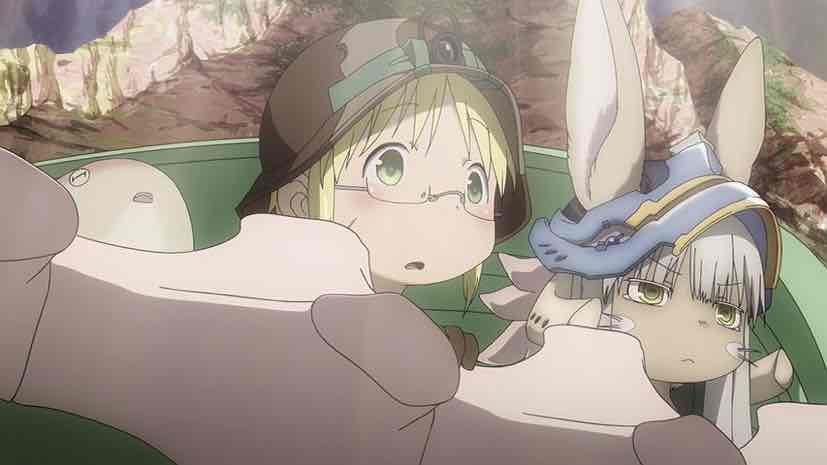
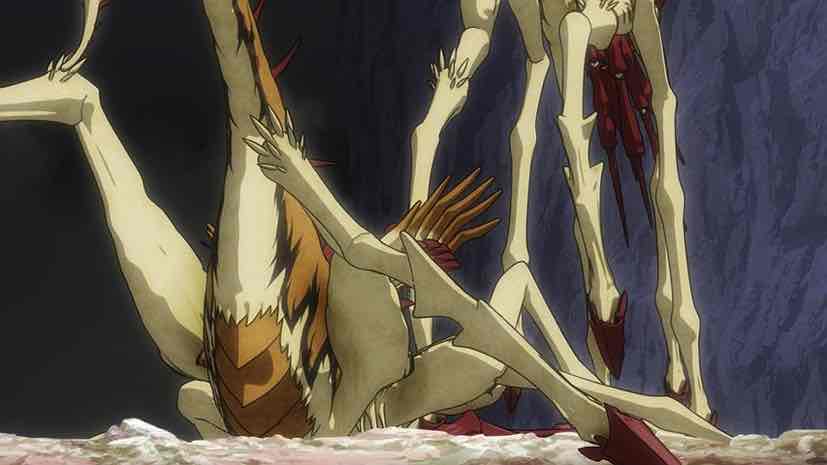
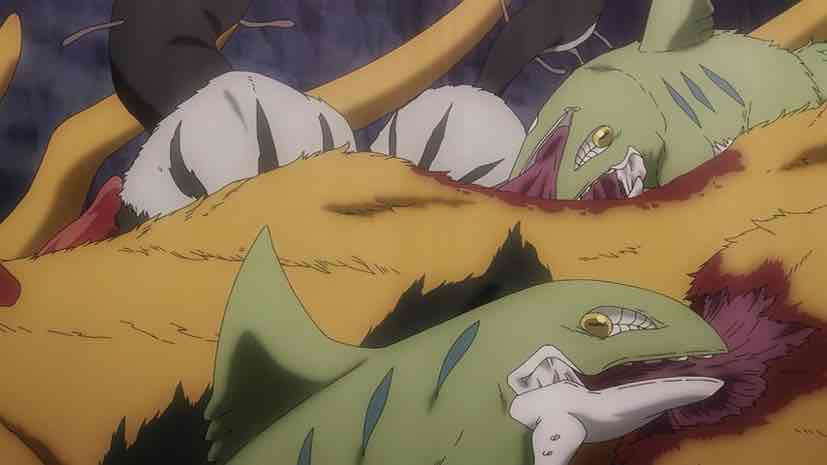
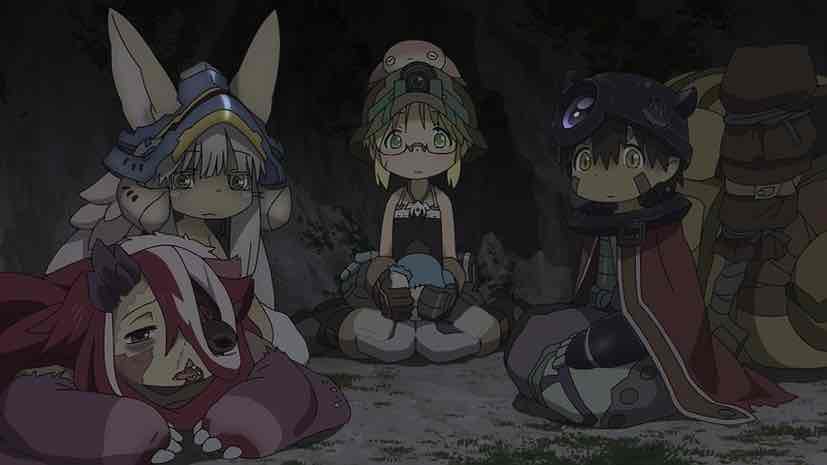
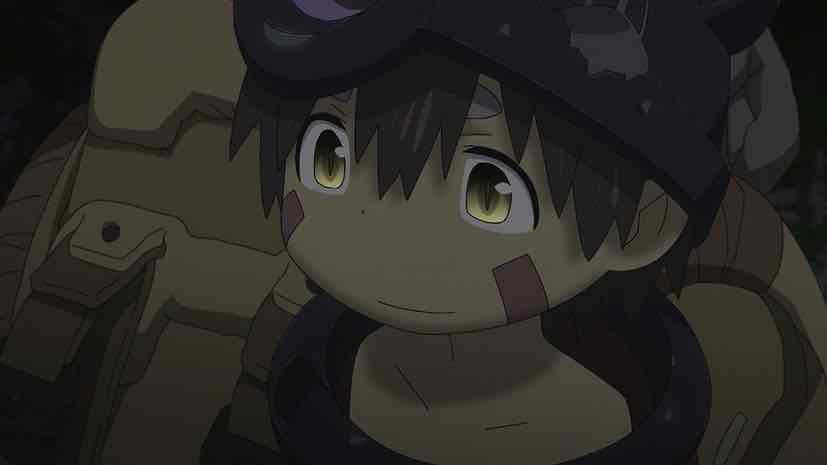
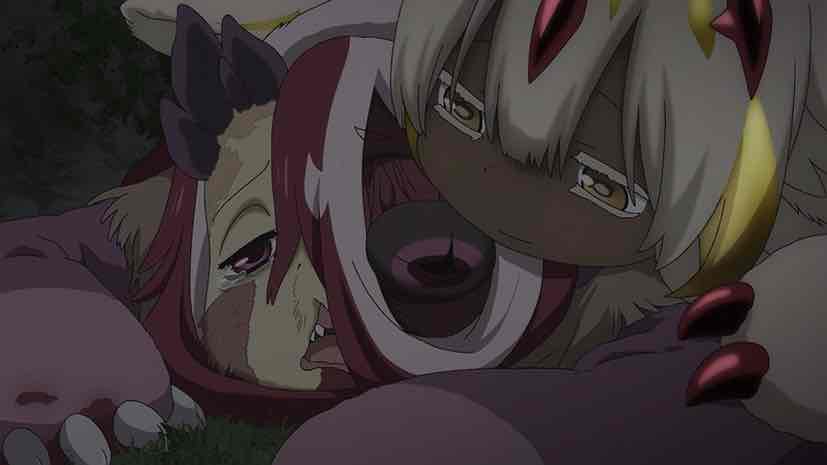
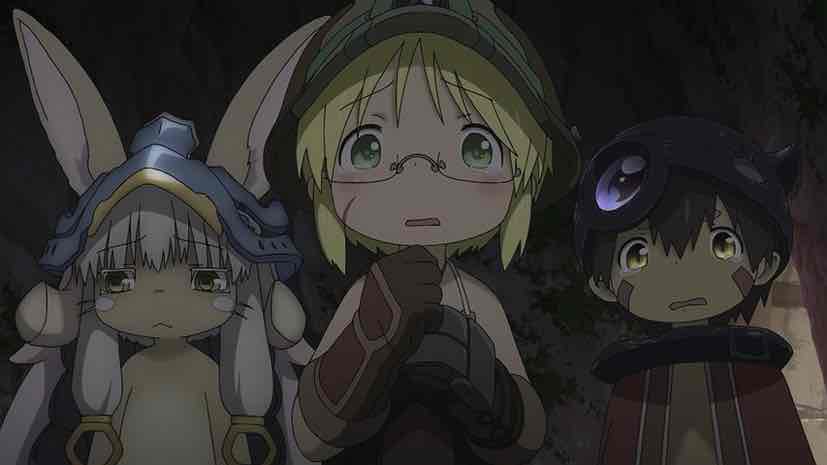
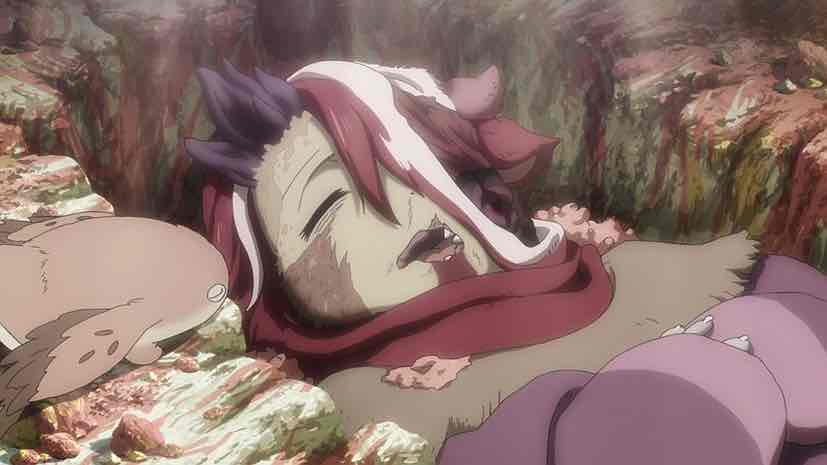
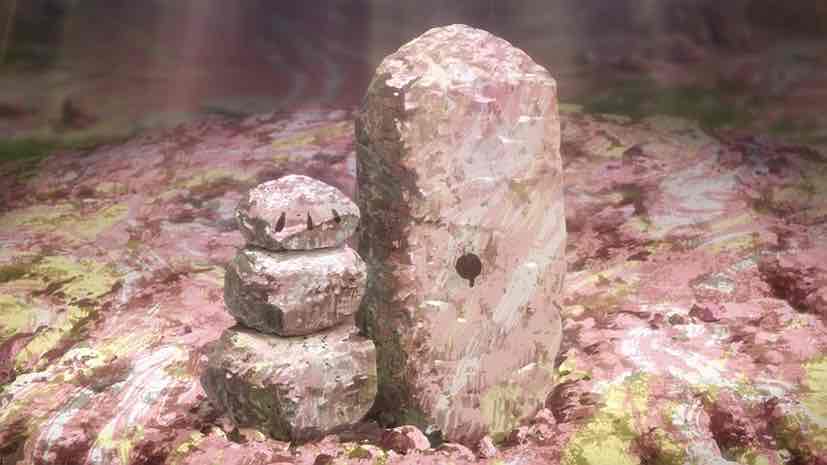
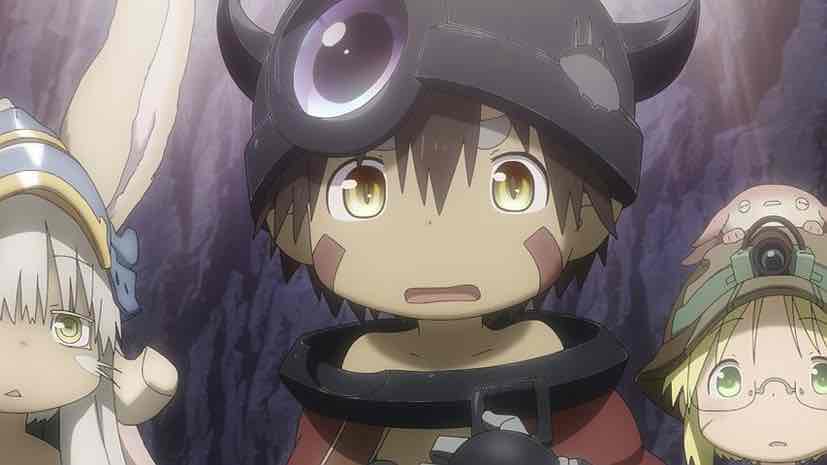
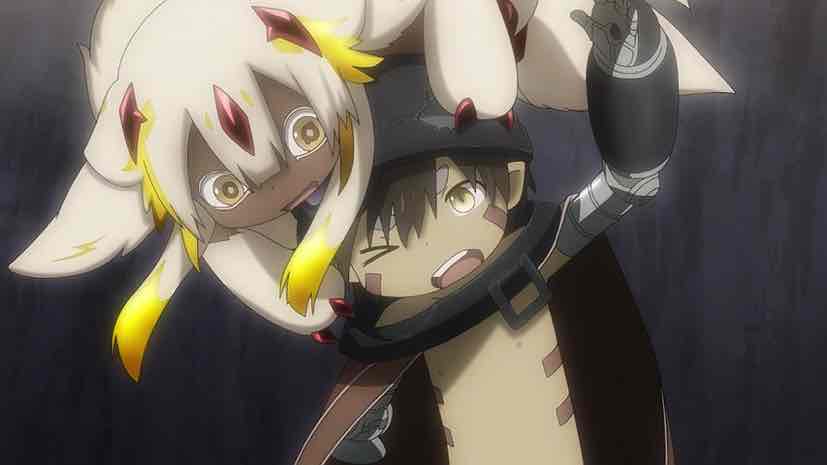
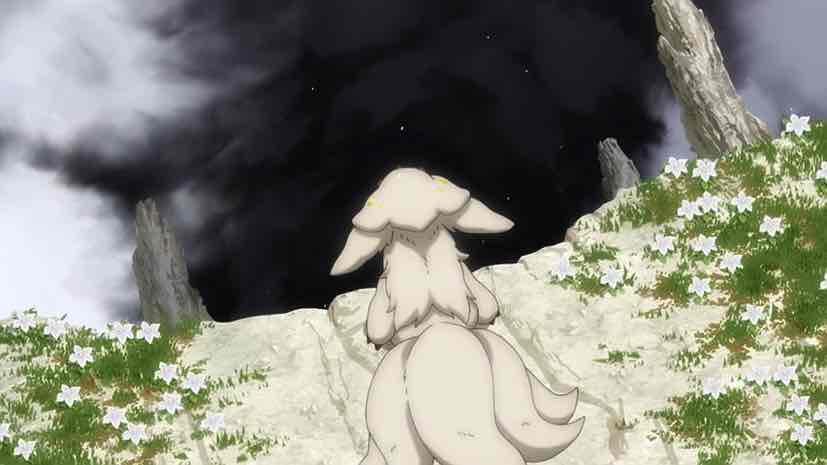
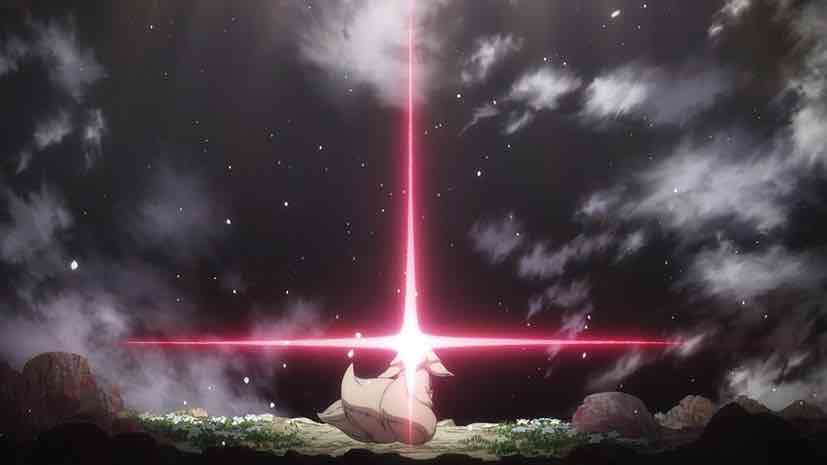
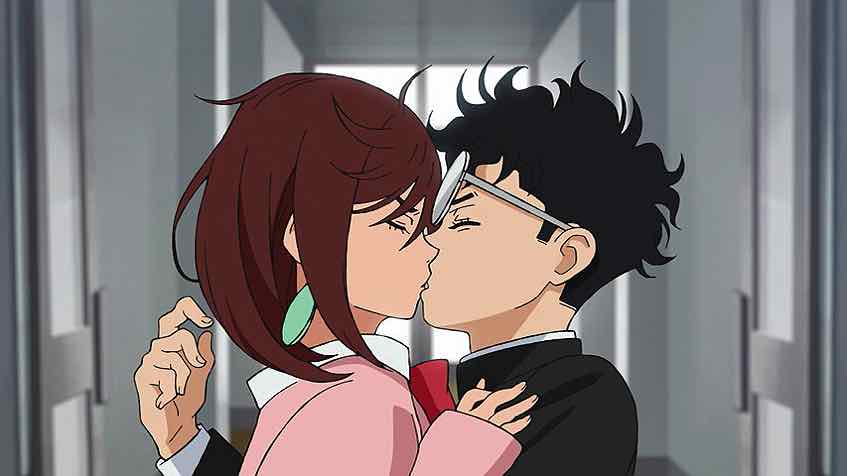

Red
September 30, 2022 at 4:57 amElegantly written as always Enzo, took the words out of my mind. I liked this season more because I was mostly in the dark compared to the movie and the first where I know some certain events that’s gonna happen because spoilers.
I did check some of the Golden City arc in the manga ahead of the anime but I have a really difficult time visualizing through most of the artwork and as such dropped it so the anime was really very welcome.
Guardian Enzo
September 30, 2022 at 9:25 amIt’s an example of how even a great source material can be improved by an adaptation that understands how to leverage the advantages of the medium.
Dove
September 30, 2022 at 6:39 pmIt’s not often that a seiyuu performance in given show is so unexpectedly good that it makes you consider re-evaluating their past work. I didn’t think Kuno Misaki could do much beyond being cute/childish/comedic, but her spectacular work in MiA had a lot of emotional depth to it.
Guardian Enzo
September 30, 2022 at 7:08 pmBefore this I can’t say I took much notice of her one way or the other TBH – she’s tended to be in series that I don’t watch. I agree she was pretty good here – not an easy role to go beyond grandstanding but she brought some depth to it.